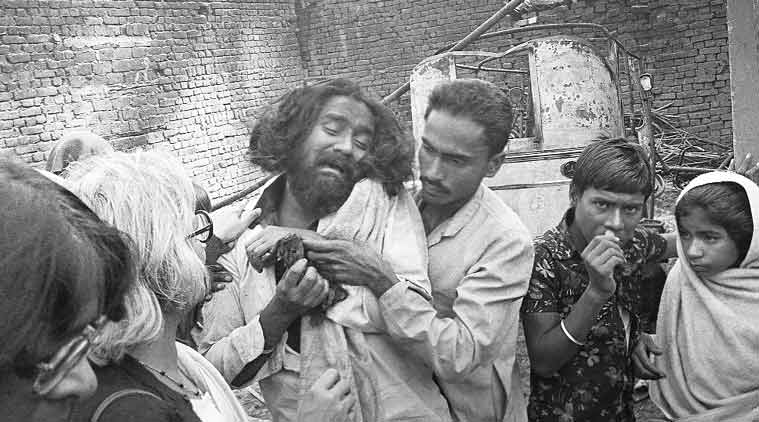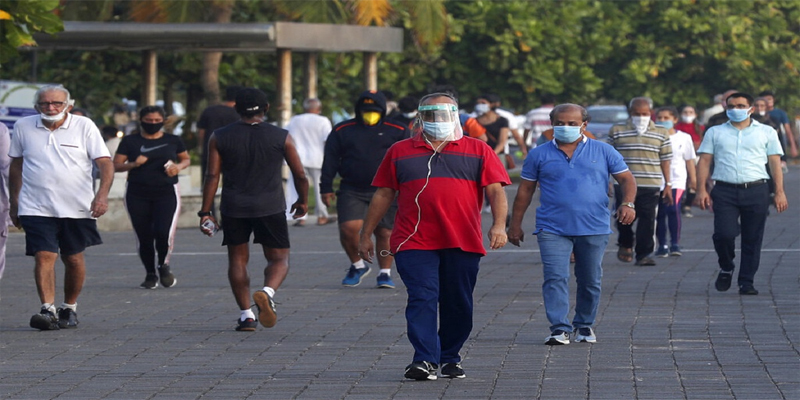With just a few days to before its term come to an end, US President Donald Trump’s administration has once again amended its H-1B visa regime to give priority to higher wages and skills instead of the prevailing lottery system for selection of candidates looking to work in the country.
The new rules are the administration’s second attempt at an effort it says is designed to protect American workers from cheaper, foreign labor. The council, which represents major companies including Apple, Google and Facebook, had argued that by significantly increasing required minimum pay, the first proposal would have gutted the H-1B program and proved disastrous for the economy and post-pandemic recovery. On Dec. 1, a judge in U.S. District Court in Oakland shot down the rule, saying the government had not shown good cause for imposing it without notice or opportunities for public comment.
The new rule also increases mandated pay for H-1B workers but at slightly lower rates. Workers on the visa at the lowest wage level must receive at least the 35th percentile of the prevailing wage for their job type and location, compared to the 45th percentile in the previous rule. Workers at the highest wage level must receive the 90th percentile, compared to the 95th percentile.
The new rules will be effective 60 days after publication in the federal register, making it likely that they will cover H-1B applicants for the new fiscal year starting April 1.
According to the amended rules released by the Department of Homeland Security (DHS), US Citizenship and Immigration Services (USCIS) will first select registrations where the “proffered wage equals or exceeds” the prevailing level in that area of employment.
“The proffered wage is the wage that the employer intends to pay the beneficiary. The wage level ranking will occur first for the regular cap selection and then for the advanced degree exemption,” the DHS said.
Every year, the US administration issues 85,000 H-1B work permits. Of these, 65,000 are for people with specialty occupations, while the rest are reserved for foreign workers who have earned a Master’s or a higher university degree in the US.
Until now, the selection of H-1B work visas was done by a randomised lottery system, which did not take into account factors such as wage, experience or any other requirements and demands. Since the number of applications from Indian companies as well as individuals is much higher than any other nationality, a lion’s share of these work visas is cornered by Indians.
The move could impact US tech companies looking to hire from the pool of H-1B visa workers as they are skilled and available for lower salaries. Indian companies are also likely to be hit and may have to shell out more salary for on-site workers.































